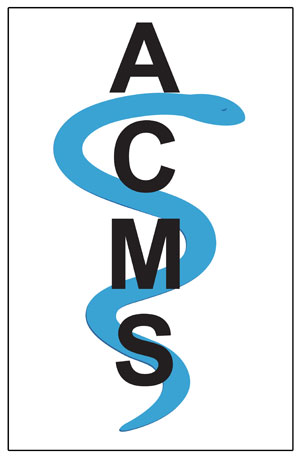Florida Department of Health Urges Residents to Be Prepared As Hurricane Season Starts
Tallahassee, Fla.—June 1 marks the start of hurricane season, and the Florida Department of Health urges every family, visitor and business to take the time to make a plan in case of disaster. In 2016, our state saw the first large-scale hurricane event in a decade. Every hurricane season should be treated as a serious threat, and taking simple precautions can help you stay healthy and safe when weather-related hazards impact the state.
“Last year’s active hurricane season served as a reminder about the importance of planning ahead for emergencies,” said State Surgeon General and Secretary of Health Dr. Celeste Philip. “I strongly encourage everyone to have an updated emergency plan and an emergency supply kit that is specific to your needs and the needs of your loved ones.”
Here’s how you can prepare for the 2017 Hurricane Season:
- Determine the risks to your home, property or business;
- Develop or update an emergency evacuation plan and review the plan carefully with your family;
- Make sure you have adequate insurance by contacting your insurance company or agent;
- Assemble a disaster supply kit;
- Strengthen your home and complete any needed repairs;
- Identify your trusted sources of information for any severe weather event or hurricane. Credible and timely information is very important to taking the appropriate actions in the event of an emergency; and
- Complete a written hurricane plan and keep it in a safe, easily accessible location.
Everyone living in Florida should have an emergency preparedness kit that meets your specific needs. Some items you may want to include in your kit are:
- Water (at least one gallon a day per person);
- Non-perishable packaged or canned food (enough for at least 3 to 7 days);
- Any necessary medication (enough for two weeks);
- Written instructions for care and medication (including medication dosages, a list of medical devices you use and a list of your doctors);
- First aid kit;
- Flashlights with extra batteries;
- Pet care items (including any pet medications); and
- Other important documents (stored in a waterproof container).
The 2017 Disaster Preparedness Sales Tax Holiday has been passed by the Florida Legislature and signed into law by Governor Rick Scott. From Friday, June 2 to Sunday, June 4, Floridians can stock their emergency supply kits with qualifying items that are exempt from sales tax. To learn more about the Disaster Preparedness Sales Tax Holiday or to learn which items qualify, visit http://floridarevenue.com/DisasterPrep/Pages/default.aspx
In certain situations, it may be safest for you to evacuate from your house to a more secure location like a shelter. If you have a disability or a special need such as a medical condition, it may be beneficial for you to register with your local emergency management office. All emergency management offices maintain a list of people within the community with a disability or a special need so they can be assisted quickly during an emergency.
To find contact information for your county’s emergency management office, you can visit http://www.floridadisaster.org/County_EM/ASP/county.asp
The Florida Division of Emergency Management offers an interactive online tool to help you develop an emergency plan for yourself, your family or your business. For more information or to create your plan, visit http://www.floridadisaster.org/getaplan/
The Florida Department of Health’s website also has valuable information that can help you plan so emergency situations: http://www.floridahealth.gov/programs-and-services/emergency-preparedness-and-response/index.html
About the Florida Department of Health
The department, nationally accredited by the Public Health Accreditation Board, works to protect, promote, and improve the health of all people in Florida through integrated state, county and community efforts.
Follow us on Twitter at @HealthyFla and on Facebook. For more information about the Florida Department of Health, please visit www.FloridaHealth.gov.
